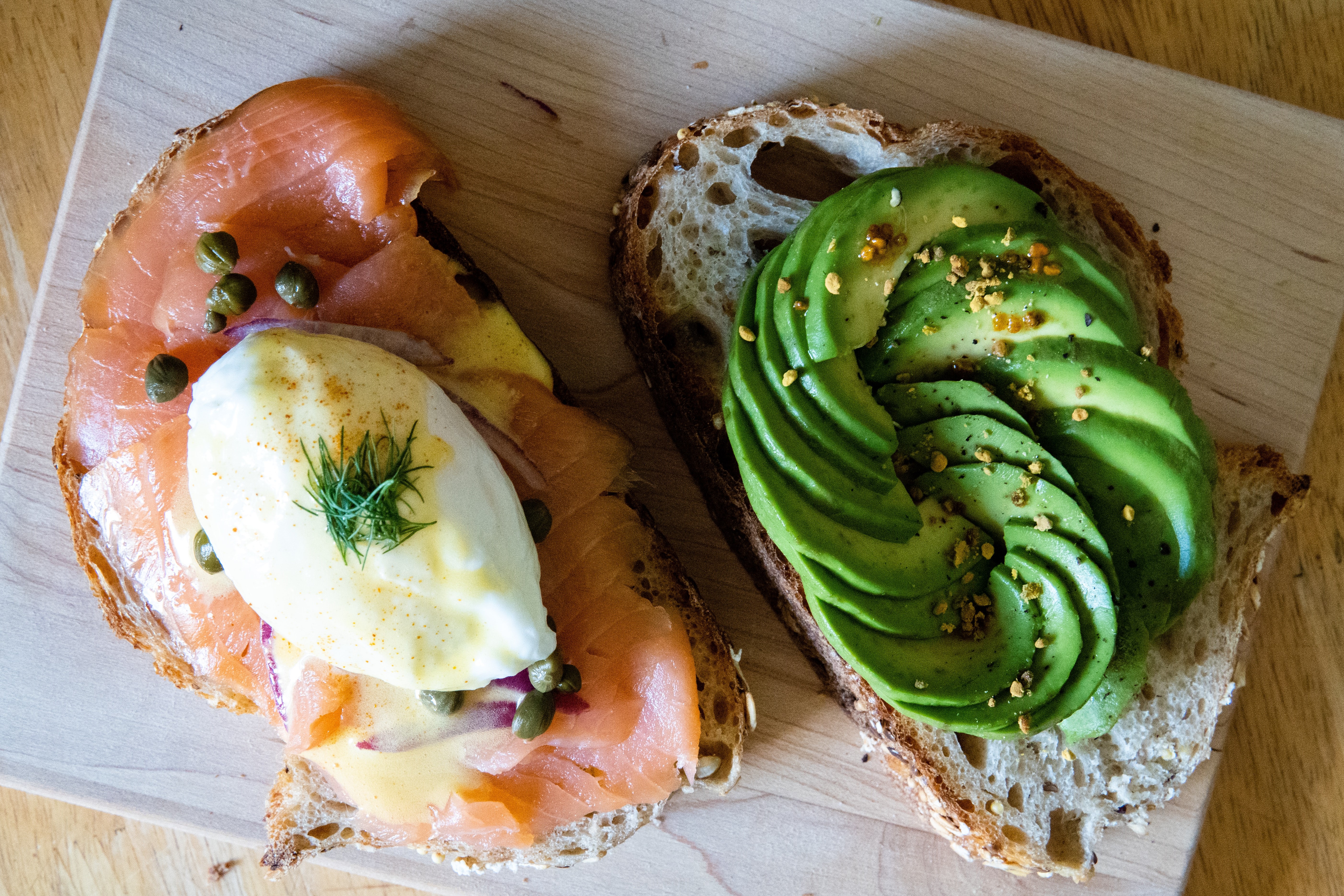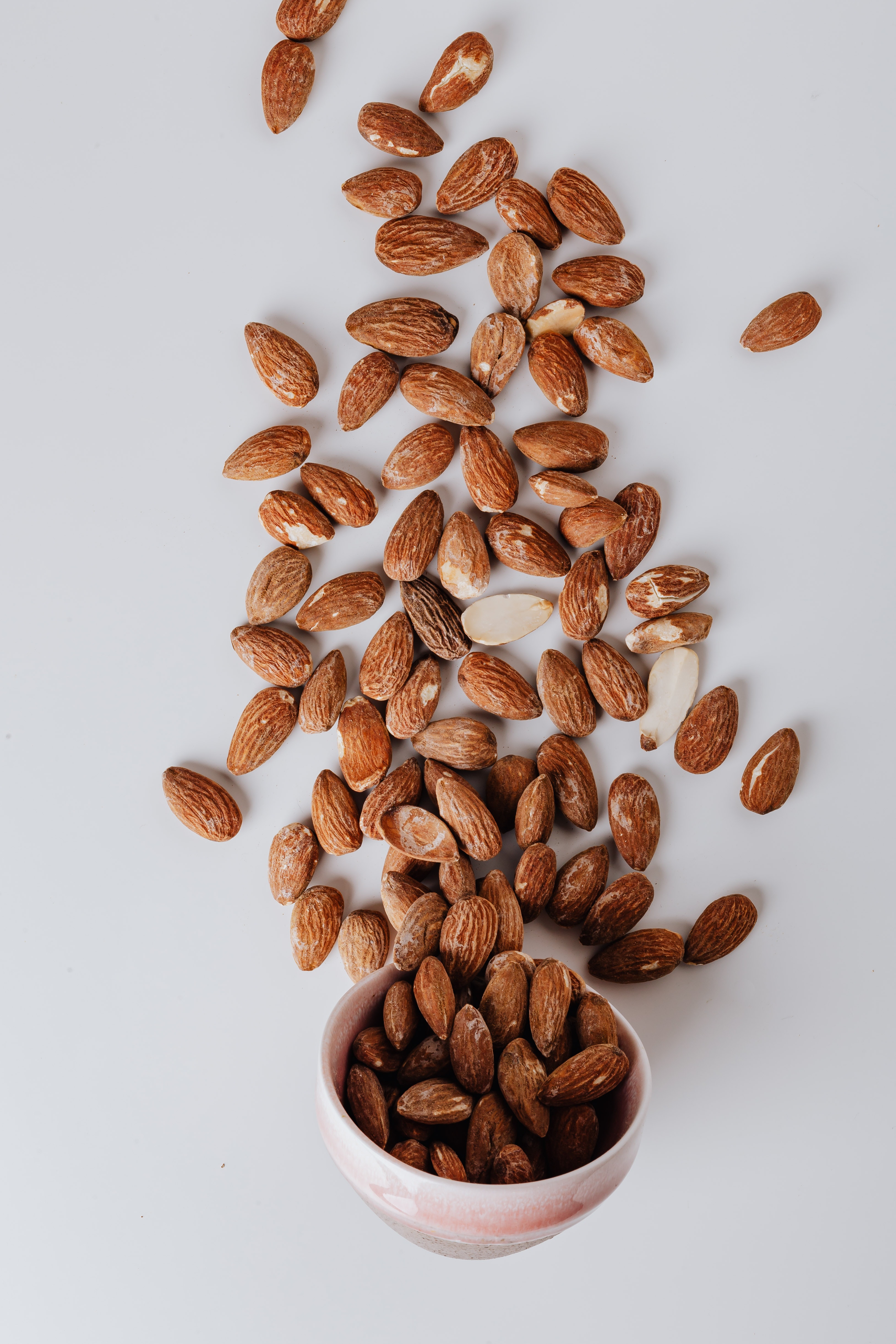What is fat?
Macronutrients are the key nutrients which your body requires daily, they provide energy for movement, growth and all bodily systems. Along with carbohydrates and protein, fat is one of the essential macronutrients for optimal human health.
Many people try to limit their fat intake however, dietary fat plays an important role within our bodies.
Fats provide energy- each gram of fat provides the body with nine calories, making them the most energy dense macronutrient. Therefore, they are a key source of energy for the human body.
Fats carry vitamins- fats are essential for the absorption of fat-soluble vitamins (Vitamin A, D, E & K). These vitamins can only dissolve and be absorbed alongside dietary fats and are stored in the fatty tissue in the liver. Without the consumption of fat, you are at risk of becoming deficient in these essential vitamins.
Fats provide essential fatty acids- fats are a source of fatty acids, omega 3, 6 & 9. These essential fatty acids cannot be produced by the body and are an integral part of cell membranes, affecting the function the brain and the nervous system.
There are two main types of dietary fats found in the foods we consume, unsaturated fats and saturated fats, both with different chemical structures and found in different food sources and are recommended to be consumed in different amounts.




